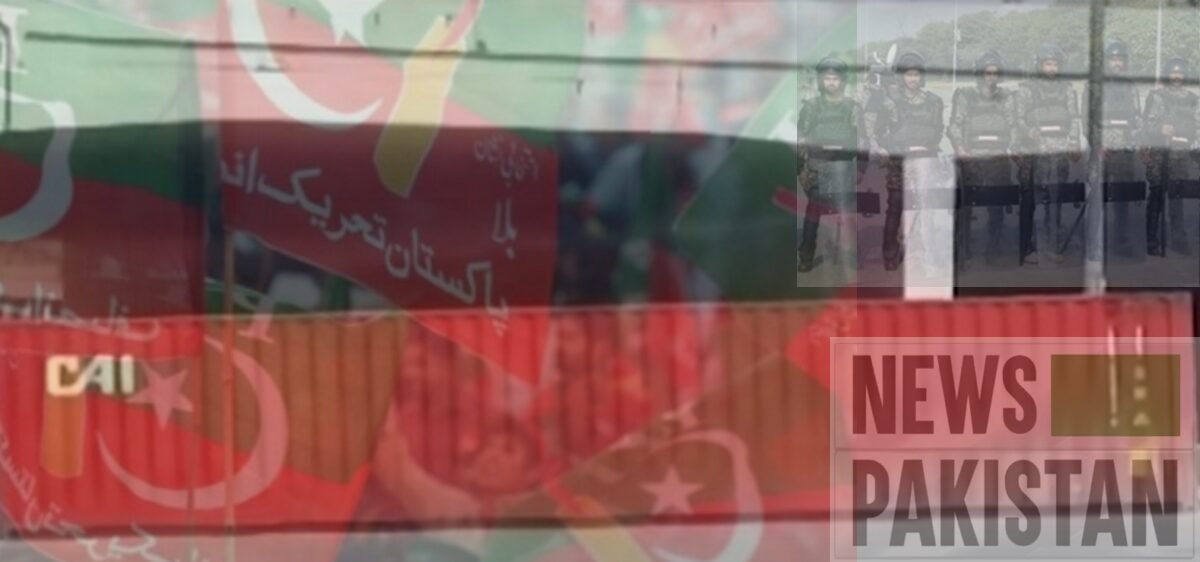A State Bank of Pakistan’s inspection report of 2012 raised many objections on the Rs11.8 billion lending by the government-owned bank to 12 companies of the Omni Group. Sources in NBP management and the Board of Directors revealed that loans were extended under political pressure.
This could be gauged from the fact that despite observations made in the inspection report, the owners skillfully avoided default through various business and accounting moves including regrouping the companies.
While commenting on loans to six sugar mills of the Group, the SBP inspection report stated that all borrowers had to be objectively classified in December 2011. However, the central bank provided a relaxation.
“Banks can decide about the restructuring of their loans, following prudential regulations and their own policies, and do not require approval from the SBP,” said Abid Qamar, spokesman of the central bank. He was asked to comment why the SBP allowed rescheduling by going against the observations of its own inspection team.
Sources said the NBP’s relations with the Omni Group have lately come under the scrutiny of the state institutions and a federal cabinet minister was also actively pursuing the matter aimed at taking it to the logical end. Some of the officials involved in the deals refused to publicly speak on the issue due to the sensitivity of the matter.
Several attempts were made to contact the owners of the Omni Group, however, they remained inaccessible.
“The NBP has to make at least some provisions against the Rs12 billion lending,” said a top official of the NBP Board on condition of anonymity. However, it is not clear how much of the Rs12 billion will be classified (as provisions), he added.
He said that had there been no political influence, the NBP would never have given Rs12 billion to the Omni Group mainly due to the weak financial position of some of its companies.
The NBP has already taken a major hit on its profit after it had to book losses on account of Rs18.5 billion scam in its Bangladesh operations.
The inspection report revealed that the bank converted the running finance facility and cash flow financing into demand finance with grace period in repayments of principle for two years. At the same time, repayments due for existing demand finance facilities were also deferred for two years.
“At the moment, no provision has been made against the lending to the Omni Group but I cannot say anything about the future,” said Iqbal Ashraf, the NBP president, while talking to The Express Tribune. He insisted that the Omni Group has not defaulted on its “interest payments”.
The NBP president claimed that the Group’s companies were in good health – a claim that was contrary to the facts mentioned in the audited financial statement of Ansari Sugar Mills (ASML). The mill’s own statement for the period of 2013 showed that the mill’s equity turned negative and it was not a going concern. The NBP’s exposure to Ansari Sugar Mills was roughly Rs1.5 billion.
In 2009, the NBP allowed Rs299.7 million write off and Rs365.7 million waiver to ASML but kept lending money to it after write off in violation of the banking regulations.
The NBP also lent money to Bawany Sugar Mills, Khoski Sugar Mills, New Dadu Sugar Mills, Naudero Sugar Mills and Tando Allahyar Sugar Mills.
The SBP inspection report revealed that the NBP did not have audited financial accounts of these mills as of September 2012 except ASML.
The NBP refused to comment on what grounds it gave loans to the Group’s companies that had weak financial positions, hiding behind secrecy clause of the Fidelity and Secrecy of Banking Companies Ordinance. “The reply of your questions cannot be answered because the answers may divulge the privileged information of customers,” said the NBP Spokesman Nabeel Saeed.











